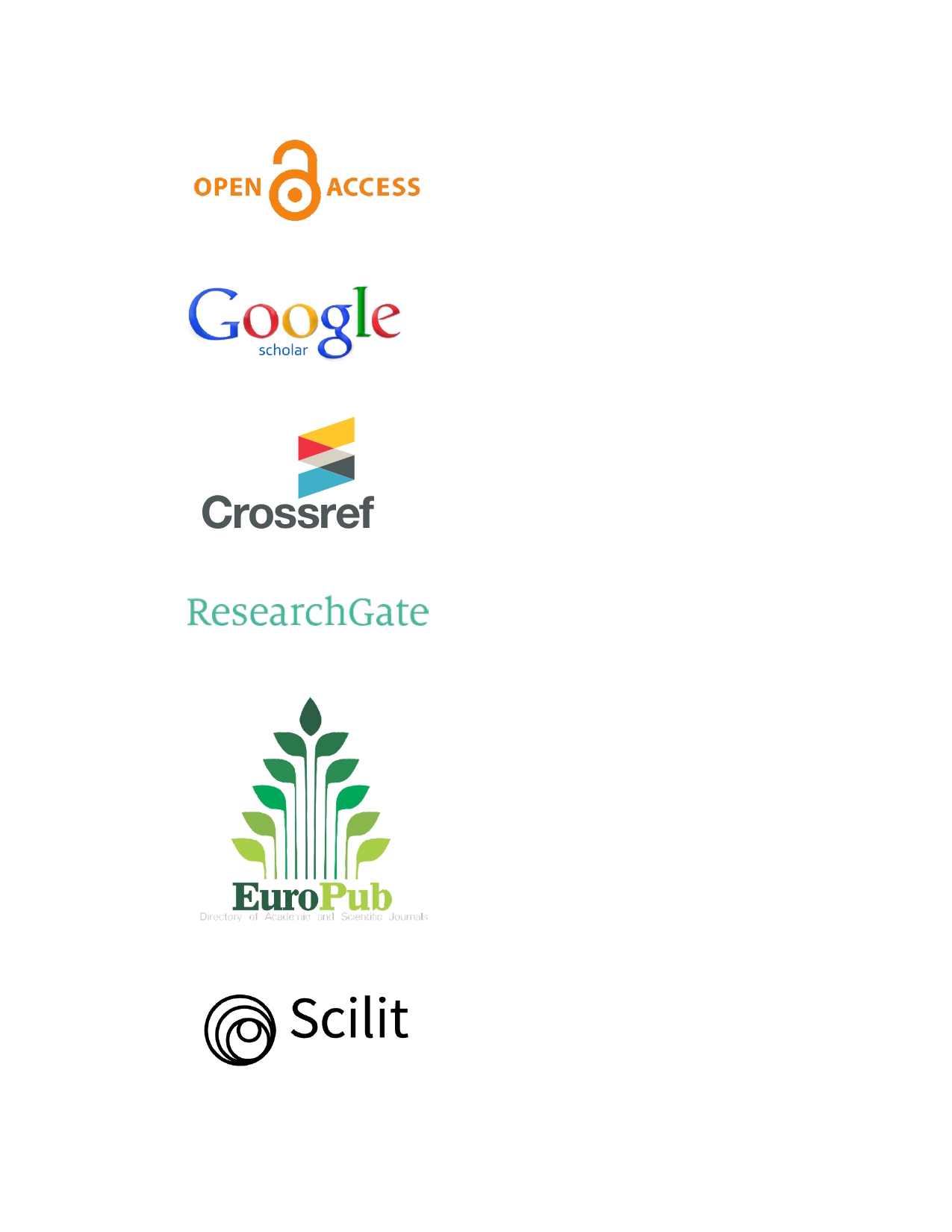The Impact of Swimming on Cognitive and Mental Health Among Pre-Service Physical Education Teachers
DOI:
https://doi.org/10.63002/assm.32.912Keywords:
Cognitive, mental health, physical education, pre-service teachers, swimmingAbstract
This study investigates the effects of a semester-long swimming intervention on the cognitive and mental well-being of pre-service physical education teachers. Recognising the growing concern over mental health issues, particularly among young adults, this research examines whether structured swimming lessons contribute to improved mental well-being and cognitive performance. A single-group experimental design was implemented, involving 30 undergraduate students enrolled in a 14-week swimming course. Participants' mental health was assessed using the General Health Questionnaire (GHQ-12), while cognitive performance was measured through the Stroop Color-Word Test, administered before and after the intervention. The findings indicated an overall improvement in participants' understanding of the relationship between swimming and mental health, particularly in areas such as concentration, sleep quality, and group belonging. However, statistical analysis using the Wilcoxon Signed-Rank Test revealed no significant differences in mental well-being or cognitive performance post-intervention. While basic cognitive processing showed slight improvements, more complex cognitive tasks exhibited mixed results, possibly due to cognitive fatigue or a speed-accuracy trade-off. Despite the lack of statistically significant changes, regular swimming may offer psychological and cognitive benefits through structured physical activity and social engagement. The findings emphasise the potential of swimming as a complementary approach to mental health promotion, highlighting the need for further research with larger sample sizes and controlled study designs to establish its long-term effects.
Downloads
Published
How to Cite
Issue
Section
License
Copyright (c) 2025 Ahmad Fahim Zulkifli, Nurzumira Bachtiar

This work is licensed under a Creative Commons Attribution 4.0 International License.






